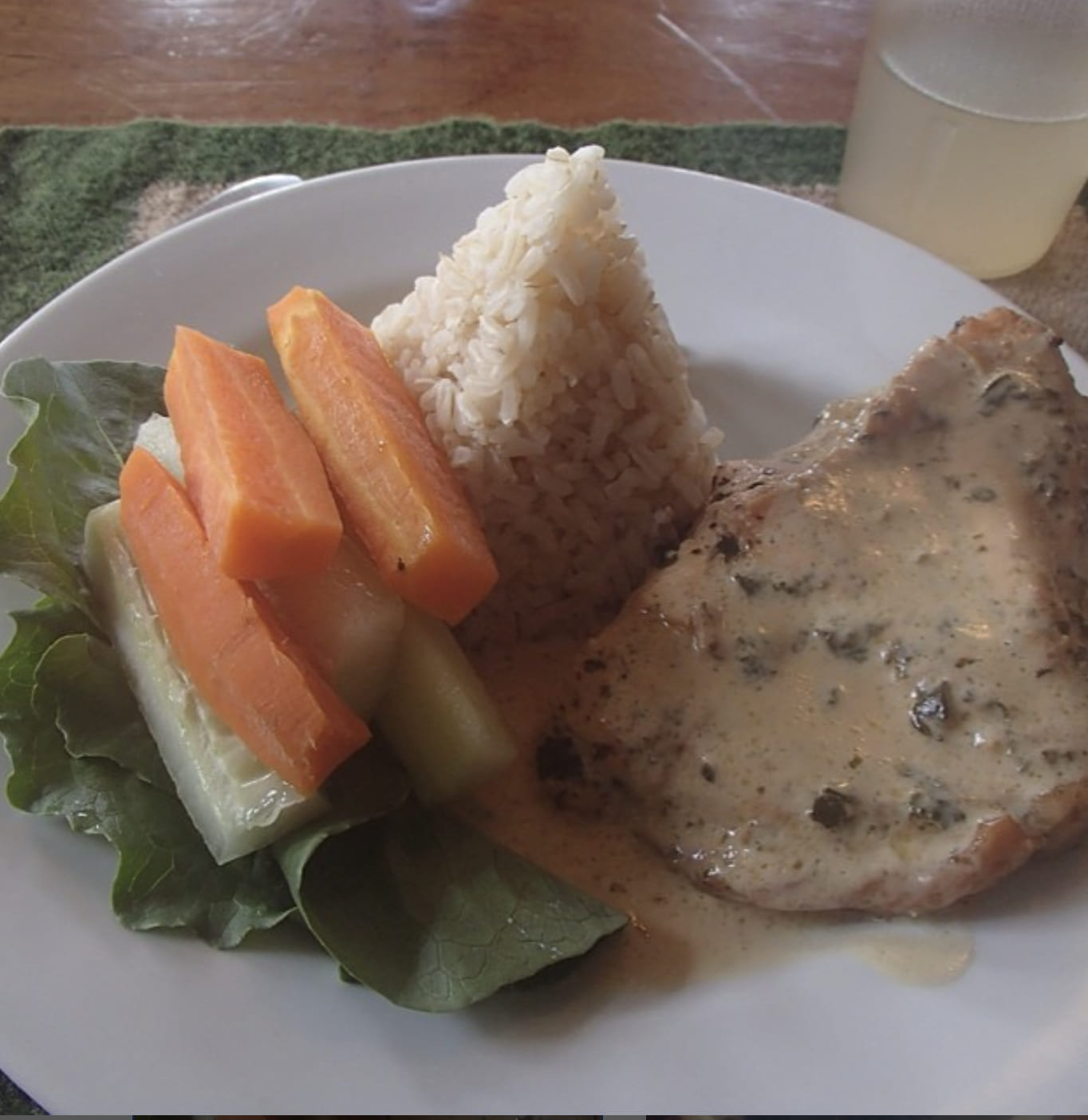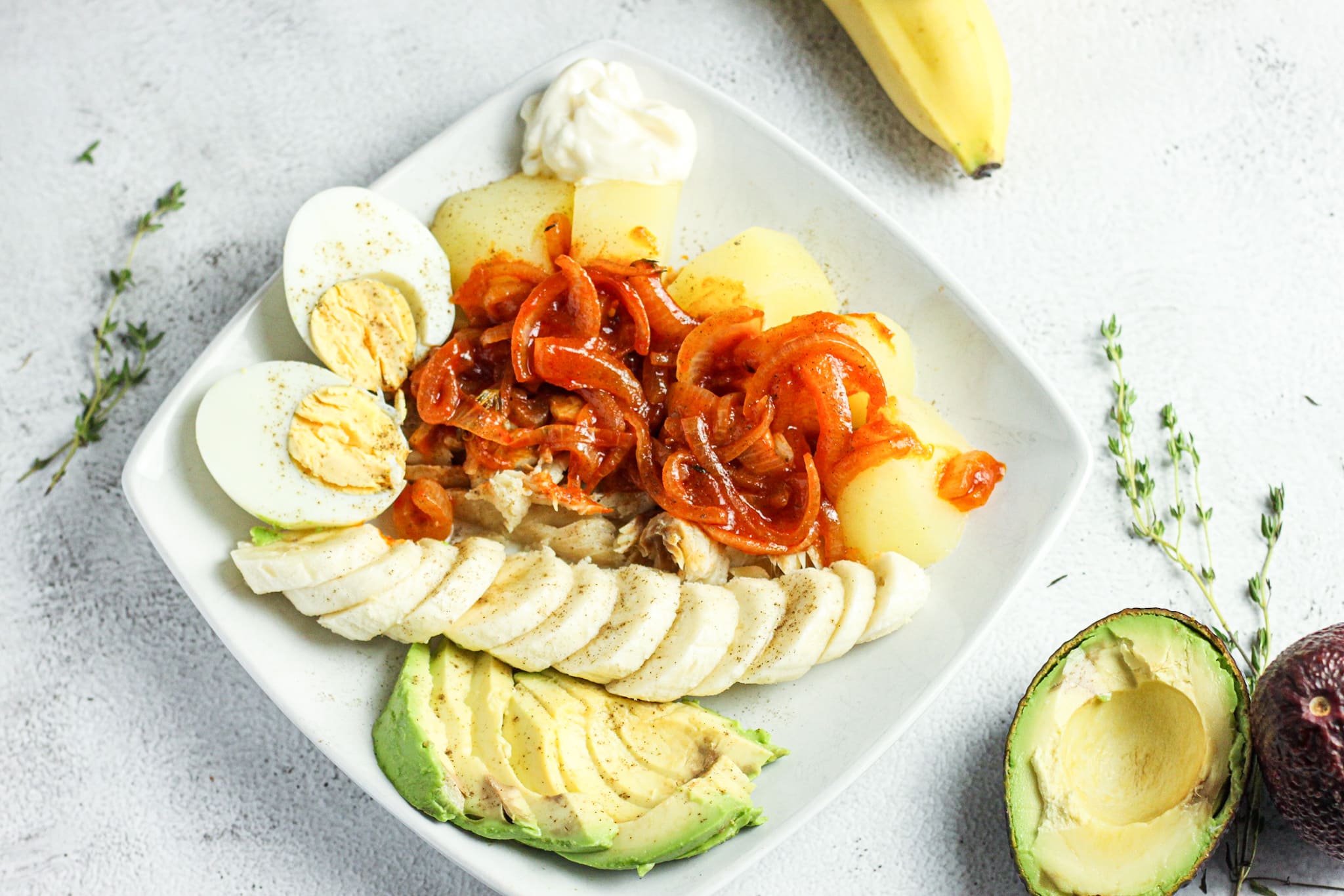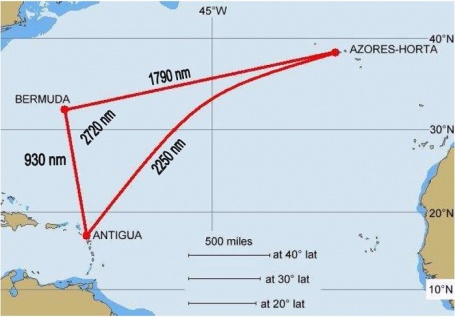Will Travel for Food.
A few years ago, I casually began documenting some of the food I was eating. For me, taking pictures has been more of a supplement for journaling (a practice I gave up a while back). I want to remember the tastes, the ingredients and the wonder, without too many words. As a person who is usually culinarily (is this a word?) challenged, the documentation of foods I encountered and liked started as a source of inspiration for me to try cooking more and then became sort of an homage to food itself.



As I traveled more - and for food exploration, this could mean anywhere that wasn't my own kitchen - my world of nourishment opened up. I think the most profound culinary experience was during a 9-day retreat in the Peruvian mountains. All of our food was cooked by two local women whom we all felt a deep affection for( I could be speaking just for myself) because their cooking was so delicious. All of their food was prepared without salt. Coming from an American upbringing, my diet, before then, was salty. Salt went into all my meals and cooking. So to experience delicious meals prepared without it was a lesson learned, the other shoe had dropped - and on that trip, in so many ways. (more on the Peruvian experience coming soon in Wellness + Travel)

In Johannes Lichtman's article "Eating Curry in Bratislava", he says, " In the past, I have been guilty as the next tourist of bringing with me a narrow and antiquated idea of what I want to eat on trips abroad". It is true that, we are programmed to seek out only the local meals when we travel. I agree with Lichtman that "fun things happen when [you] stop trying to eat what [you are] supposed to eat." You will find expat/immigrant communities all over the World where they are serving the traditional meals from their hometowns - Indian food in England, anyone?
You will also find "fusion" foods where the immigrant population has influenced the local food culture so much that a new local food emerged. In Bermuda, the use of tomatoes and plantain by Afro-Caribbean residents and potatoes and bacalhau/salted cod fish by migrants from the Azores and Portugal brought us Bermuda's famed Codfish and Potatoes - a dish traditionally eaten on Sundays. Portuguese flavours also made their way to Asia.


Macau, an autonomous region near Hong Kong, was a Portuguese territory until 1999. And so, there you will find some fo the most delicious fusion food in the World. In fact, Macanese food was named by UNESCO as the World's First Fusion Food. A fact I didn't know when I was there trying it. It didn't matter though because without the fancy title, I knew the food deserved merit. Chinese food plus Portuguese flavours?! Get in mah belly! Here is our literal definition of a melting pot.
The Chinese wives tried to cook as close as possible to the dishes that their Portuguese husbands grew up eating back in Portugal. But of course they didn’t have all the ingredients in Macau in those days, so the wives used some Chinese and South-East Asian ingredients as substitutes. That’s how this fusion food came to be.
